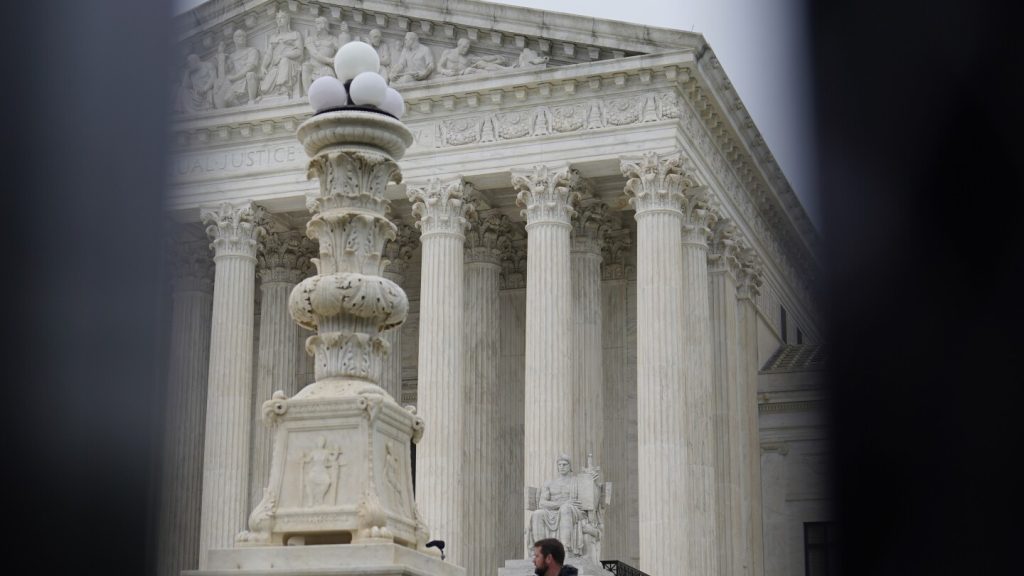The fall of Roe v. Wade has led to a wave of restrictive abortion laws and actions in states that are affecting more than just those seeking abortions. Women who never intended to end their pregnancies are facing delays in reproductive medical care, miscarriage care, and even life-threatening situations. These actions have caused a shift in politics, with many formerly conservative Republicans like Angela Crawford now supporting Democrats and working to enshrine access to abortion and other reproductive health care through ballot initiatives. The impact of these restrictive laws has created an opportunity for Democrats to run on broader reproductive rights issues and gain support from voters who are concerned about the diminishing rights in states like Indiana, Florida, and Arizona.
Democratic candidates, including President Joe Biden, are increasingly focusing on reproductive health as a potent issue in their campaigns. The pause in IVF services in Alabama sent shockwaves across the country, leading many to question the extreme positions being taken on contraception and IVF. Voters have consistently rejected these restrictive laws, leading to unexpected success for Democrats in elections. With about two-thirds of Americans supporting abortion access, the issue has become a focal point in many campaigns, especially in states that have enacted strict abortion bans or laws like Arizona’s recent ruling that criminalizes all abortions except when a woman’s life is at stake.
The ripple effects of the fall of Roe v. Wade have been felt across the country, with states like Alabama enacting strict abortion bans and making decisions that affect reproductive rights. The ruling in Alabama that frozen embryos were children led to a temporary pause in IVF services, causing individuals like Lochrane Chase to rethink their support for Republicans. Despite the knowledge that these repercussions were a possibility, many Americans are just now realizing the extent of the impact on reproductive rights. This has created an opportunity for moderate centrist Democrats to engage in the conversation and advocate for broader reproductive freedom issues.
The broader issue of reproductive freedom has become a more effective framework for discussing reproductive rights, especially for voters who may not prioritize abortion as their main concern. President Biden has blamed Trump for the growing medical peril posed by restrictive abortion laws, highlighting the impact of decisions made by conservative administrations. While Republicans struggle to manage the question of abortion and reproductive health, Democrats like Vice President Kamala Harris are addressing the issue head-on. In states like Missouri, Democrats are seeking votes to hold Republicans accountable for their stance on reproductive health, pushing for legislation that supports access to contraceptives and services related to IVF.
The ongoing debate over reproductive rights and access to abortion is shaping political campaigns and influencing how voters choose their candidates. With the fallout from the fall of Roe v. Wade becoming more apparent, many Americans are realizing the importance of broader reproductive health issues beyond just abortion. The shift in politics, with more conservative Republicans supporting Democrats, highlights the evolving landscape of reproductive rights in the United States. As Democrats push for greater access to abortion and other reproductive health care, the upcoming election season will likely be defined by these critical issues.















